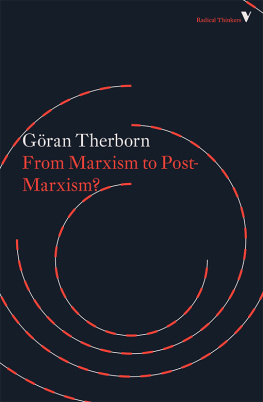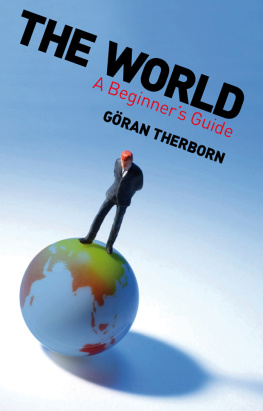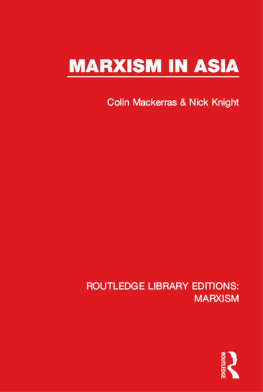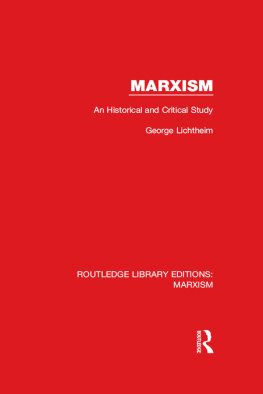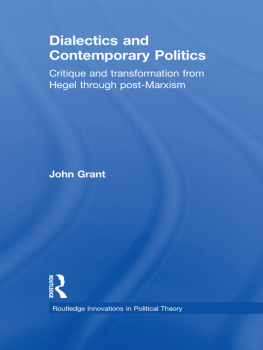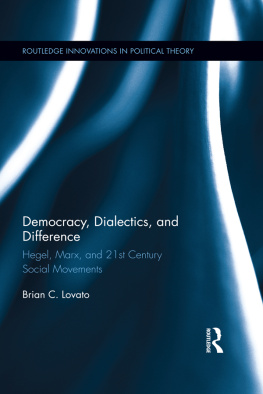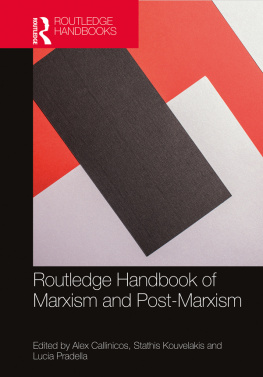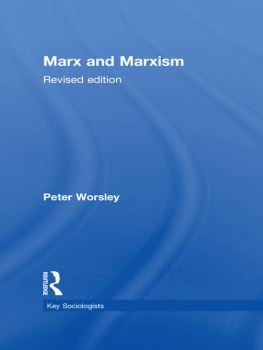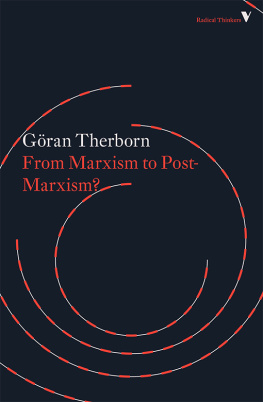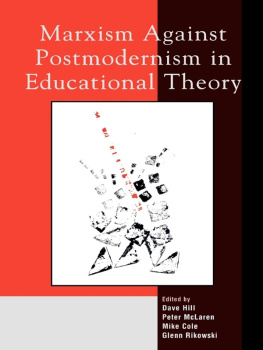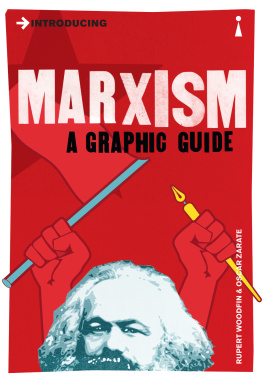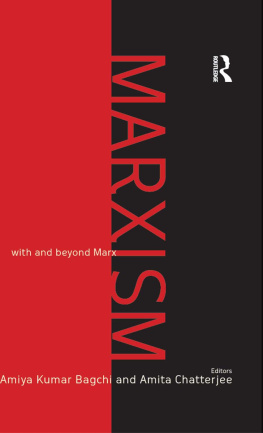Karl Marx, born in 1818, is about the same age as Latin American independence. The first calls for independence were issued in 1810, although the decisive anticolonial battles of Mexico and Peru were fought in the 1820s. In Latin America, preparations for bicentenary celebrations in 2010 have already begun. Marx is of course younger than the protagonists of the Latin American liberation struggles younger than, for instance, the Liberator himself, Simn Bolvar, recently revived as the spiritual guide of the revolution in Venezuela for he was born in the dark years of European reaction, of the Holy Alliance of counter-revolution. But the seeds of modernity had been deeply planted in the economic and the cultural soil of Western Europe, and Karl witnessed their first flowering. The Communist Manifesto appeared much ahead of its time, with its vision of globalized capitalism and working-class struggles during the Springtide of peoples, the FebruaryMarch revolutions of 1848.
In terms of his literary counterparts, Marx is much younger than, say, Rumi, Dante, Cervantes or Shakespeare, and as a social and political theorist younger than, for instance, Hobbes and Locke who in his day were the heroes of Cambridge academic politics not to speak of classical sages such as Plato, Aristotle, Confucius and Mencius.
Nowadays, it is much harder to determine how long an intellectual will last than to predict the likely lifespan of the average human being. What can we say of Marxs ability to endure? As we approach the bicentennial of the mans birth, is the body of work that bears his name (long?) dead, dying, ageing, or maturing? Is its resurrection possible? Certainly, it would be impossible to argue that the founder of historical materialism is timeless or eternally young.
Any appropriate response would have to take into account the fact that Marx was a great articulator and a multidimensional personality. He was an intellectual, a social philosopher of the radical Enlightenment, a social scientistcum-historian, and a political strategist and leader first of the diasporic Communist League and then of the International Working Mens Association. Over the decades, these multiple personae have been assigned vastly different meanings and implications. Politics is inescapably a central piece of the legacy of Marxism, but nobody has ever claimed that Marx was a major political leader. He has served as a source of political inspiration and as a social compass for political navigation, but Marx the politician is long dead. Few, if any, social scientists and historians would deny that social and historical methodology, understanding and knowledge have progressed in the 125-odd years since Marxs final illness put an end to his work on the manuscript of Capital. But here matters are more complicated, because social analysis, contemporary as well as historical, continues to draw upon classics, not only for inspiration but also for topics of research, concepts, interesting aperus and intriguing insights. Emile Durkheim, Alexis de Tocqueville and Max Weber are coeval classics in this sense, as are Ibn Khaldoun and Machiavelli, although several centuries older. And great philosophers never die they have their periods of hibernation as well as of flowering, which usually last a stretch of time somewhere between that of Kondratiev cycles and climatic epochs.
This book is more concerned with Marx-ism than with Marx. But as far as Marx in our time is concerned, my impression is that he is maturing, a bit like a good cheese or a vintage wine not suitable for dionysiac parties or quick gulps at the battlefront. Rather, he is a stimulating companion for profound thought about the meanings of modernity and of human emancipation.
For his forthcoming bicentenary, I would propose three toasts. First, to Karl Marx as a proponent of emancipatory reason, of a rationalist scrutiny of the world, with a commitment to human freedom from exploitation and oppression. Second, to his historical materialist approach to social analysis in other words, to his understanding of the present as history, with particular attention paid to the living and working conditions of ordinary people and to the economic and political materiality of power an approach not to be followed as if laid out in a manual, but rather as a broad directive accompanied by the motivation to pursue it further. Third, Karl should be celebrated for his dialectical openness his sensitivity to, and comprehension of, contradictions, antimonies and conflicts in social life.
Marx-ism has, I think, an uncertain future, for reasons explained below. But Marx himself is bound for the long life of alternating winters, springs, summers and autumns undergone by so many of the great thinkers of humankind, from Confucius and Plato onward.
The Nature of this Study
This book is intended as a map and a compass. It is an attempt to understand the seismic social and intellectual shift between the twentieth century in an important sense the century of Marxism and the twenty-first century, which began in the years of 197891, when China turned to the market and the Soviet system collapsed in both Europe and the USSR itself. It lays no claim to being an intellectual history or a history of ideas, and may be seen rather as a travellers notebook, unpretentious notes jotted down after a long, arduous journey through the climbs, passes, descents and dead ends of twentieth- and early twenty-first-century Marxism.
The book has two aims. The first is to situate the left-wing political practice and thought of the early twenty-first century in the terrain of the previous century. The second is to provide a systematic panorama of left-wing thought in the North at the beginning of this new century, and to compare it with the Marxism of the preceding era. While abstaining from pleading for any particular path or interpretation, I do not want to hide the fact that this work is written by a scholar who has not surrendered his left-wing commitment. Indeed, it is that very commitment which has motivated the writing of this book.
The two objectives are pursued in three different chapters, of various origins. The first, on the spaces of left-wing thought and practice, was initially presented at a conference in Mexico organized by the senators of the PRD in April 2001, and was then published with a post-September update in New Left Review

